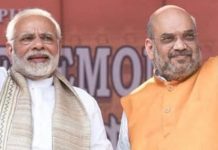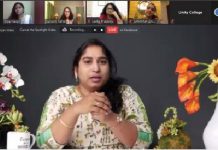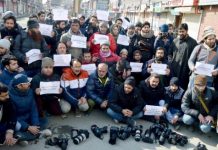 ONE MORNING in July, a nattily dressed man named M. Elliyas arrived at the SIMI tribunal’s sitting at Mumbai and, speaking confidently in English, demanded that his name be struck off the background note that the Centre had issued with its February 7 notification banning SIMI. The note alleged that Elliyas “incited” local Muslims in Pune, who “staged a demonstration” to protest the municipality razing some illegal construction. “When exactly did this happen?” he asked the battery of Central Government lawyers, who shuffled papers and hummed and hawed but couldn’t find more details of their own allegations against him. He volunteered: on the day of the event he was visiting the municipal office to find how to make a birth certificate for his newly-born daughter. Even the local police have never questioned him in that case. Then why name him in the background note?
ONE MORNING in July, a nattily dressed man named M. Elliyas arrived at the SIMI tribunal’s sitting at Mumbai and, speaking confidently in English, demanded that his name be struck off the background note that the Centre had issued with its February 7 notification banning SIMI. The note alleged that Elliyas “incited” local Muslims in Pune, who “staged a demonstration” to protest the municipality razing some illegal construction. “When exactly did this happen?” he asked the battery of Central Government lawyers, who shuffled papers and hummed and hawed but couldn’t find more details of their own allegations against him. He volunteered: on the day of the event he was visiting the municipal office to find how to make a birth certificate for his newly-born daughter. Even the local police have never questioned him in that case. Then why name him in the background note?
But Elliyas, a successful, 40-year-old IT consultant who topped his Microsoft exam with 99 percent marks, is hardly surprised. Elliyas was a SIMI member during the 1990s and retired when he turned 30, three years before the ban. In the seven years since the ban on SIMI, the Maharashtra police have harassed him no end. He told TEHELKA that when the police couldn’t find anything against him, they booked him under a humiliating law called the ‘Maharashtra Bad Persons, Slumlords and Bootleggers Act’. It is ridiculous that Elliyas spent a year in jail in 2001 under this law.
In his affidavit, Elliyas wrote that the statement against him in the background note “seems to reflect the Central Government’s intolerance of any democratic expression by Muslim members of the public and an attempt is being made to link every such expression with the activities of SIMI to stifle the same”. When Tribunal Judge Geeta Mittal sought to soothe him, Elliyas, in a voice choked with controlled emotion, asked: “What does this government want? Should we actually become terrorists?” •












